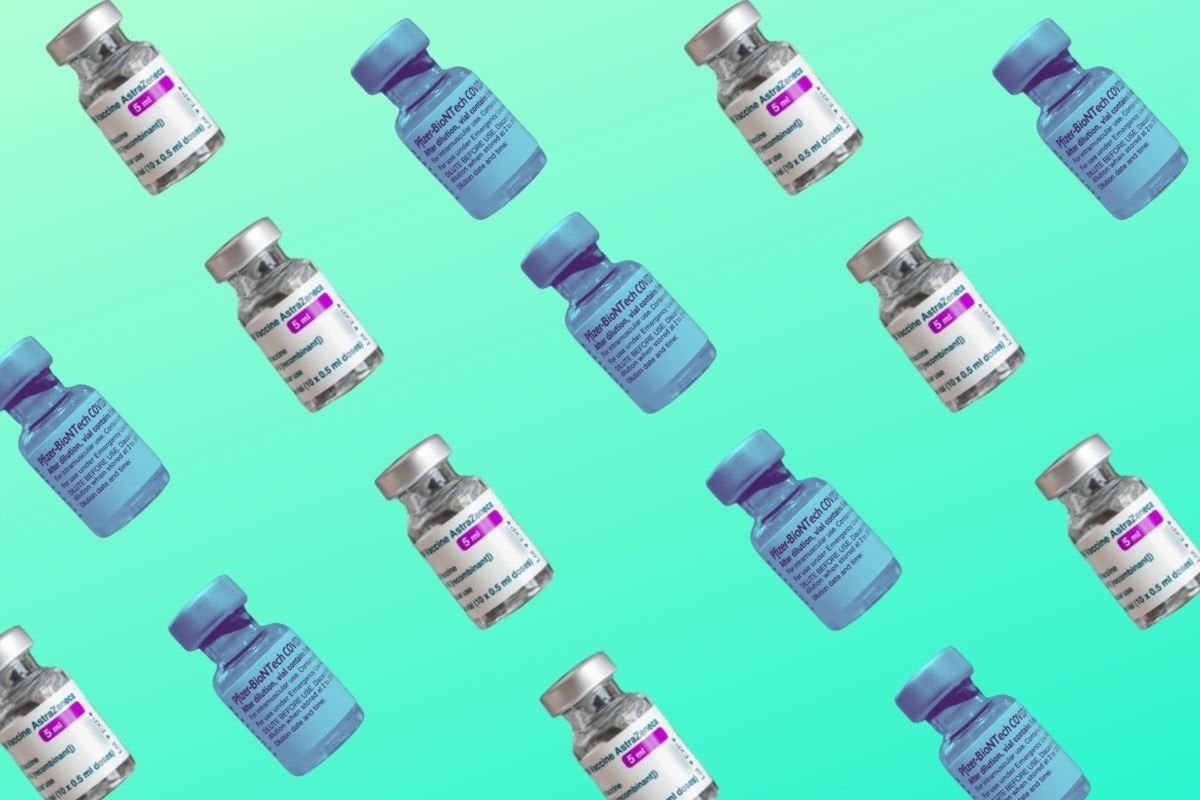
The COVID-19 vaccination conversation in Australia has been more than a little confusing.
We’re being bombarded with sometimes contradicting guidance from doctors and politicians, particularly when it comes to the AstraZeneca jab - one of two options available to us here in Australia.
We were told it was only for over 60s, then the Prime Minister changed that advice overnight because of Sydney’s growing COVID outbreak. Now anyone can talk to their GP about potentially accessing it, but it’s still not the preferred vaccine for young people because of a rare but serious side effect.
Even though it’s been cleared by all relevant medical authorities for older Australians, the confusion has led to many refusing to get it. The Australian Bureau of Statistics reports 35 per cent of 50 to 69 year olds and 26 per cent of people aged 70 and over cited wanting a different vaccine as a key reason for not yet getting the jab, despite being eligible.
Watch: How to talk to anti-vaxxers. Post continues after video.
The AstraZeneca confusion, paired with misinformation from the anti-vax movement and genuine confusion from vaccine-confident people when it comes to things like fertility side effects and the length of human trials, has left even the most well-informed double guessing themselves.




























































































